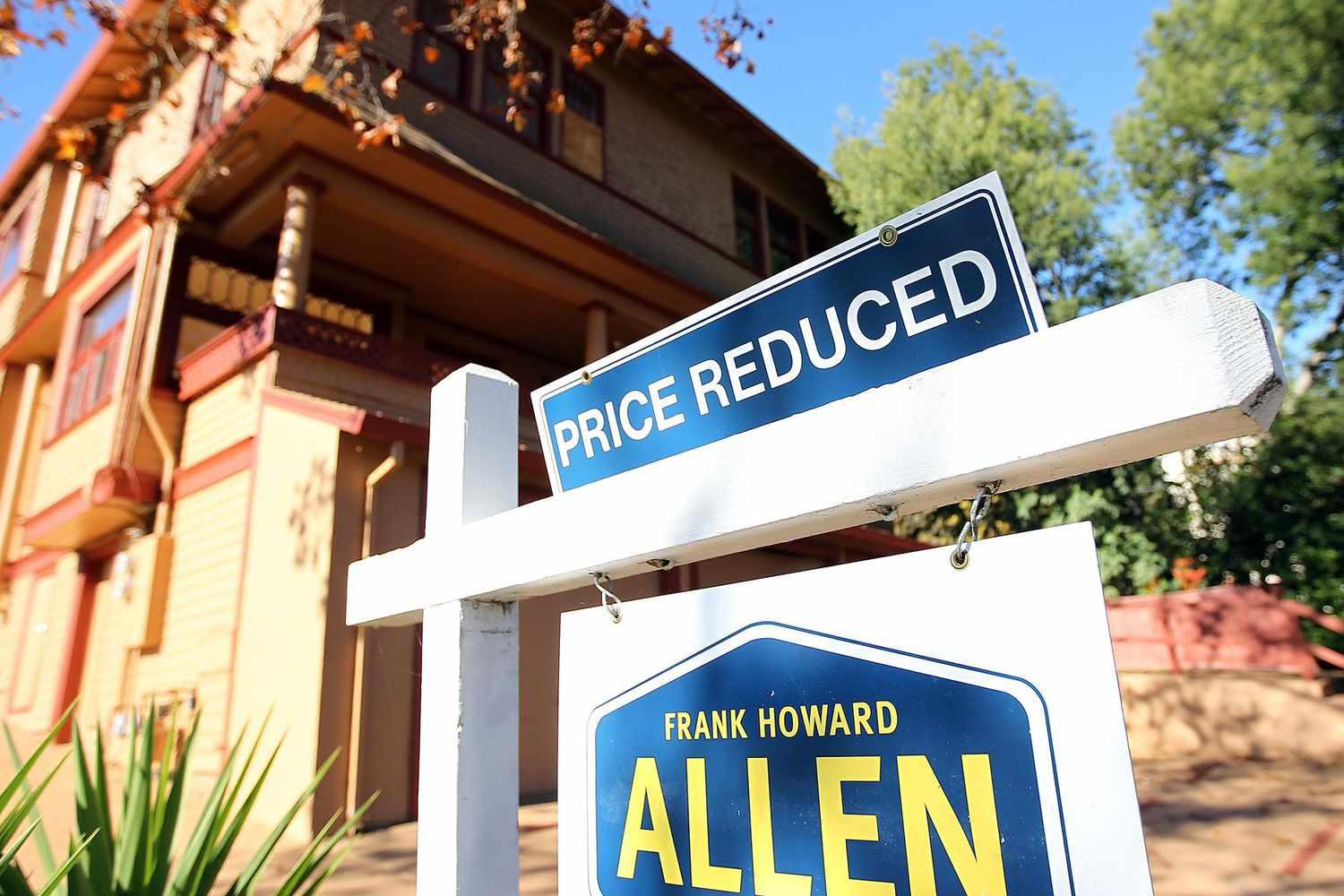"I bought this rental property at the height of the market. I refinanced it two years later and added a room addition, thinking my wife and I would retire there someday. Well, that day has come and this is now an underwater home. I owe more than it's worth. Can I short sale my investment property?"
Some people think that the short sale option is limited only to a personal residence. They probably assume this because there is a lot of hoopla from certain types of lenders over whether a person occupies the home or does not occupy the home, but that has little to do with most short sales. Even the guidelines for (now ceased) HAFA short sale since February of 2011 allowed a vacant personal residence to be considered as long the home hasn't been sitting empty for 12 months or more.1
In California, we recently sold a multiple-unit apartment building for a seller with no deficiency judgment and a complete release of liability. Much of the qualifications will depend on the following:
- Your type of loan
- Your lender
- State laws
- Type of property
- Hardship reason
It is not always necessary to have a hardship—financial or otherwise—to do a short sale. Some lending institutions were very pro short sale, with short sale programs available that involved little to no hardship. They have since gone away. Some of these programs paid you to do the short sale, but generally not in regards to an investment property.
Preparing for a Short Sale on an Investment Property
The first thing to do is write a hardship letter. I realize I just said that you do not always need to show a hardship, and that is true. But you might still need to produce a hardship letter. You may need to request the short sale and logically layout why you need it.
Here are other documents the lender might request:
- Comparable market analysis. Your agent can prepare a CMA for delivery to the bank to substantiate value. The bank will most likely still order its own BPO. However, the CMA will lend credibility to your request.
- Federal tax return. All schedules and pages. If you own other investment properties that are reflected on your tax returns, it might be a good time to consider short selling all of them at one time. Just take that hit now. Don't spread it out.
- W2, 1099 or other proof of income. These are documents that accompany and substantiate income on your tax return.
- Payroll stubs. The short sale bank often wants to see proof of your present income and its year-to-date numbers.
- Bank statements. Full pages for the last two months from every bank account, including retirement funds. It is very unusual for a bank to request a seller contribution from retirement funds.
- Listing agreement. This is the agreement between you and your real estate agent to sell your property.
- Purchase contract. The purchase contract will contain all of the terms and conditions applicable to the sale of your property, including the type of financing, if any, the down payment, and the sales price.
- Buyer's proof of funds and / or preapproval letter. Your lender will want to see that the buyer is qualified and able to complete the transaction.
- Estimated closing statement. Bottom line net matters most. Non-typical expenditures will most likely be disallowed.
Benefits to Short Selling an Investment Property
I have noticed that sometimes lenders are more lenient with sellers of an investment property than they are when dealing with sellers of a personal residence. You would think it would be the other way around, but it's not. I suspect that's because most investments are held for cash flow or potential appreciation. So, if a property is upside down, it is probably not cash flowing and is not considered an investment in the eyes of the investor.
If a personal residence, however, is upside down, it is still your home. Many people do not buy a home for a investment when it's purchased as a principal place of residence. Therefore, banks take other factors into consideration when short selling a residence. Typically, being underwater is not enough of a reason to short sale a principal residence.
Sellers seem to be more eager to sell an underwater home when it no longer cash flows and is upside down. If the bank does require a seller contribution, investors are often more likely to be a position to pay it because they understand paying negative cash flow.
Doing a short sale for an investment property is often faster and easier. The hit to a credit report without a deficiency judgment is generally somewhat less than the ding to credit with a foreclosure.
Pitfalls to Selling an Investment Property as a Short Sale
As with any short sale, seek legal and tax advice before agreeing to the short sale. Because the home is not your residence, which may receive preferential treatment, you might be subject to taxation on the spread between your basis and the sales price.
You might also be subject to a deficiency for the loan, which is the difference between how much you owed and the amount the bank received. Most California sellers I've met who have hired competent tax and legal representatives often find ways to work around those two problems, but sellers in other states might not be so lucky.





